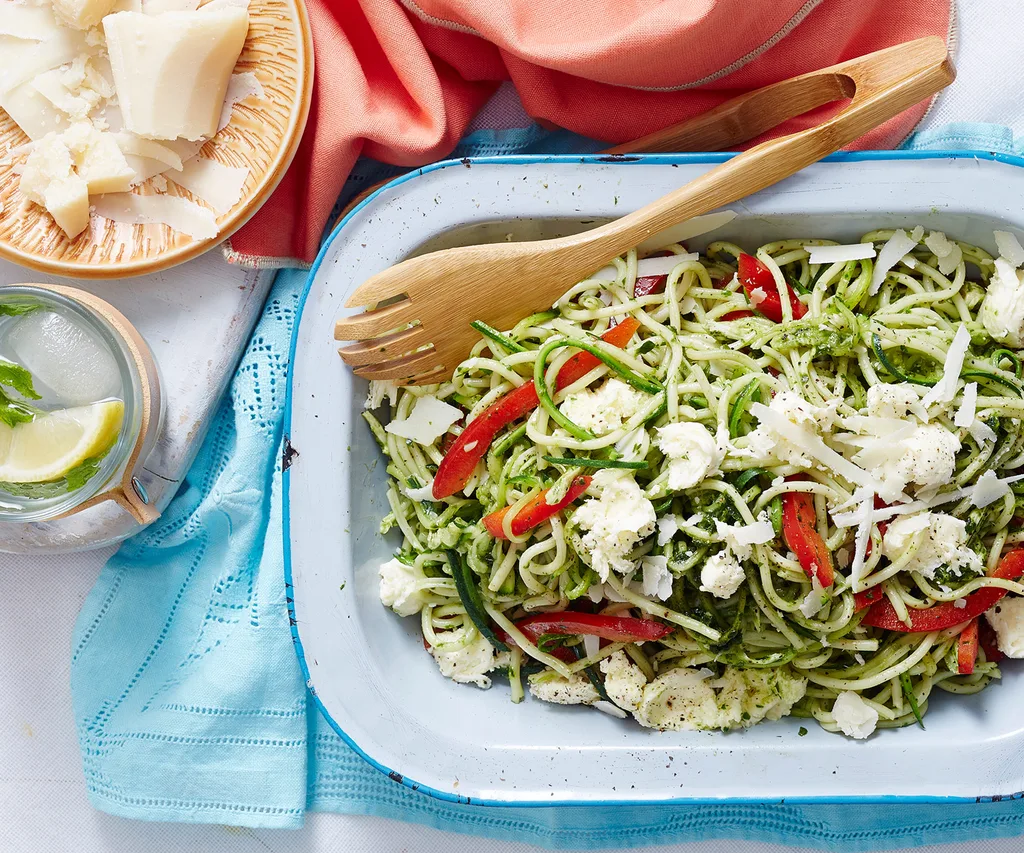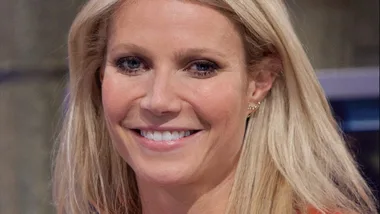Some people avoid them at all costs but carbohydrates are actually a vital part of a healthy diet. Cut them out completely and you miss out on nutrients and your main energy source. However, what we’re learning about carbohydrates is that when and how you eat them makes a big difference.
Carbohydrates are the starches, fibres and sugars found in foods. When we eat them the body uses the hormone insulin to convert them into glucose, the sugar our body finds easiest to use for fuel. However, it’s this reaction that also gives carbohydrates their potential downside.
If we eat the wrong types of carbohydrates or too many of them, high levels of insulin are produced in the body and this reaction is now being linked to problems like weight gain and type 2 diabetes. The response to this from many people is ‘carbs are evil’ and they avoid them completely – but that’s not the most sensible approach.
But it is possible to have a healthy diet that includes bread and pasta. Below are five tips on how to make carbohydrates work for you.

Healthy pastas exist! This pesto chicken, zucchini and spaghetti salad from Food To Love will keep the whole family coming back for more.
Forget the night-time myth
It’s often said that carbs at night make us gain weight, but actually the opposite seems to be true. Eating carbohydrates at night actually causes people to feel less hungry the next day as it increases levels of leptin, the hormone that makes us feel full, and decreases ghrelin which makes us hungry, say Israeli doctors.
Night-time carb eaters also shrink their waist measurements, lower body fat and have improved health markers like cholesterol and blood sugar. Another bonus? A carbohydrate dinner also helps us drop off to sleep faster.
Never mash a potato
The more you break down the fibrous bonds in a starchy carbohydrate, the faster it will turn to sugar in your bloodstream. “Twenty five per cent more sugar is released from a potato when it’s boiled and mashed compared to cutting it into chips,” says Professor Rodney Bilton, co-author of Know What to Eat.
The same increased sugar surge occurs from other ‘processed’ carbs like quick-cook oats, cereals in flakes or refined flours used in products like white breads. Avoid these and pick minimally processed wholegrains instead.
Swap to full-fat dairy
For the times when you do want to minimise the carbs you’re eating, make sure you’re enjoying full-fat dairy food. This will naturally cut cravings for carbohydrates and reduces your intake of them.
When we opt for no-fat or low-fat dairy, it’s believed that our brains try and compensate for the lower kilojoules in the dairy by triggering a craving for more carbohydrates.
Beware of carbs after exercise
Women’s bodies burn more fat in the three hours after exercising then they do during their workout – and eating carbs during this time blunts the fat-burning response.
Ideally wait around 90 minutes after exercise to eat a meal with carbohydrates, says Dr Adam Collins from the University of Surry in the UK.
Don’t choose carbs for an entrée
If you’re eating out or having a big meal, avoid carbohydrate-heavy starters. Instead, start with salad, chicken or fish. When you do this you experience a much lower spike in your blood sugar than if you start your meal with carbs.
“This can help prevent diabetes and make weight loss easier,” says Dr Louis Aronne from the Weill Cornell Medical College in New York. He tells his patients to eat a salad or vegetables and some protein as a starter, then follow with a smaller carb dish.
Consult your trusted GP before making changes your diet.


